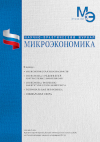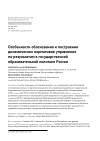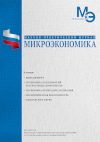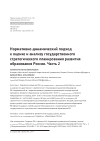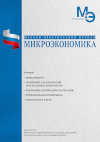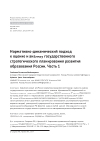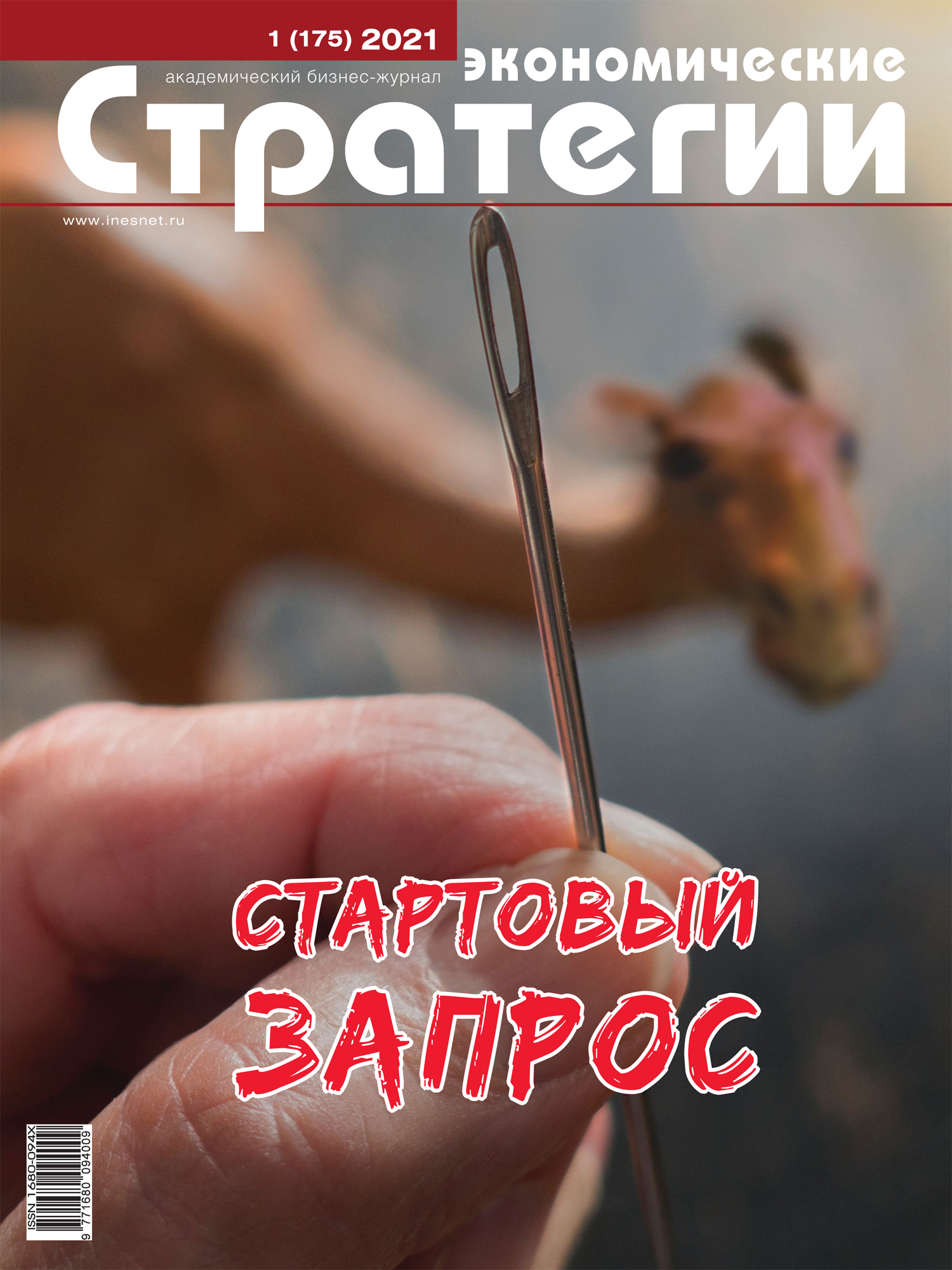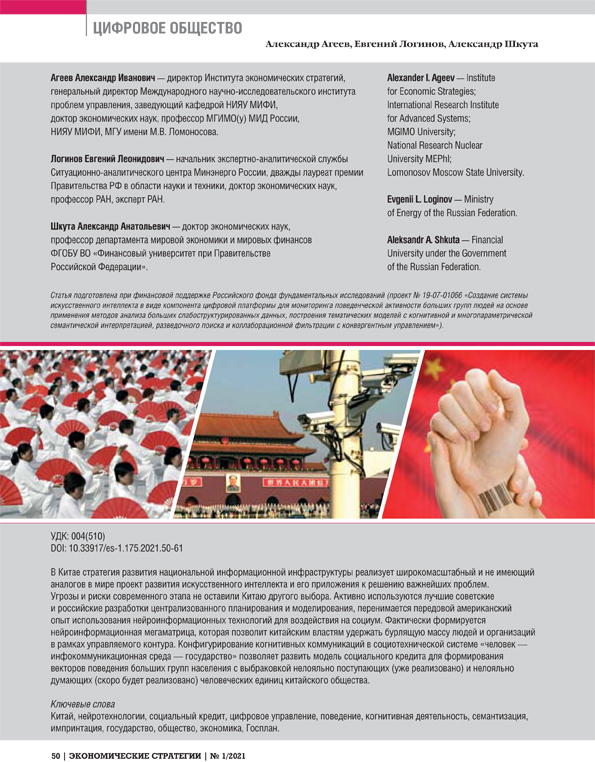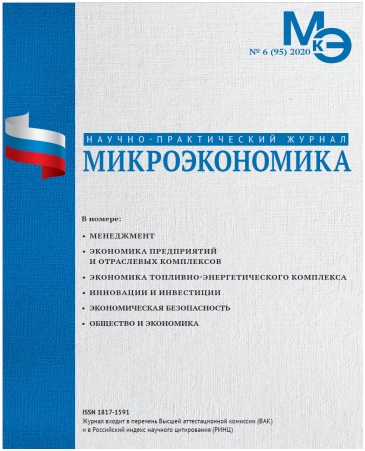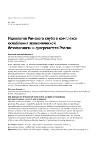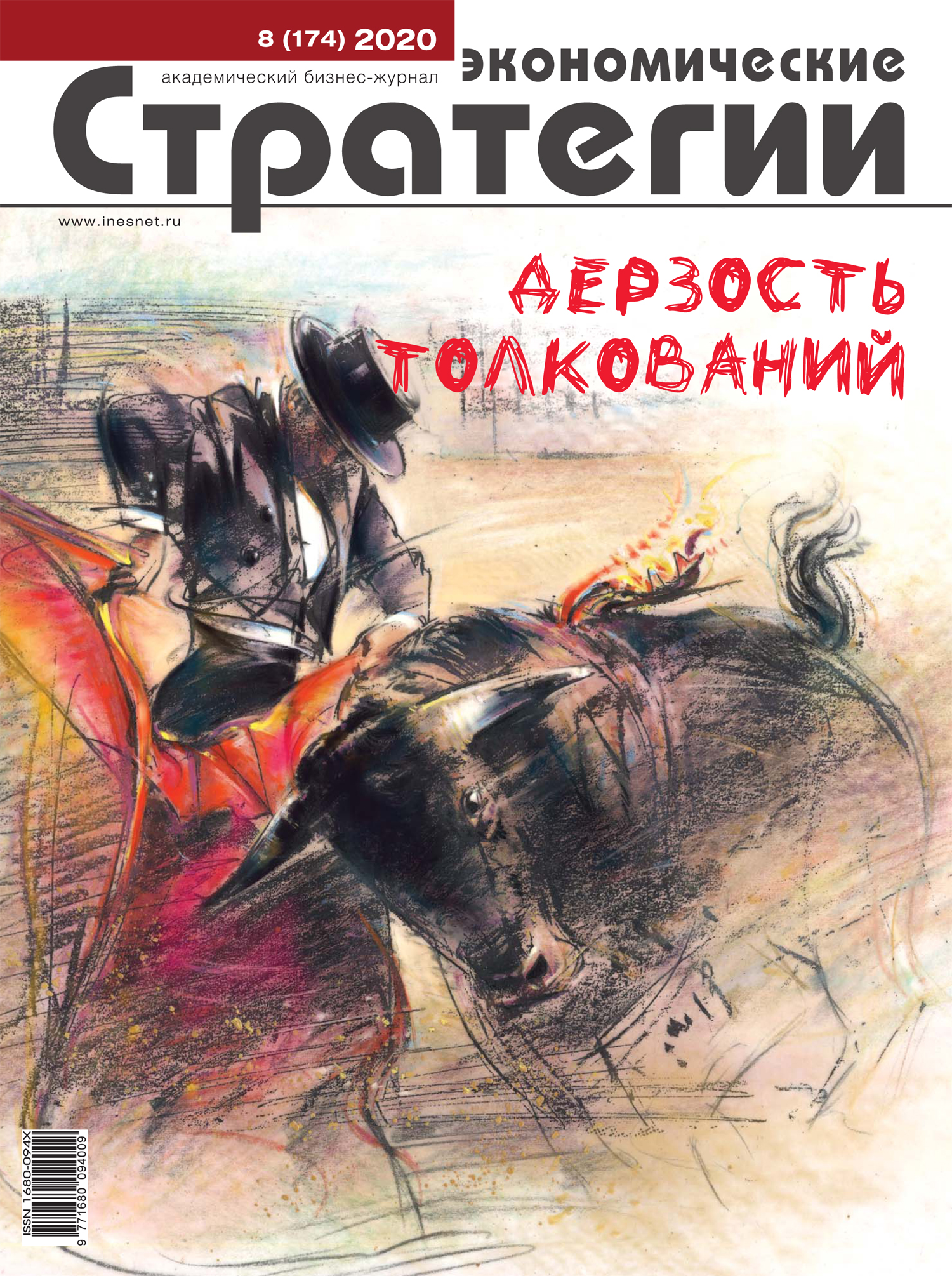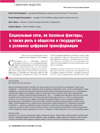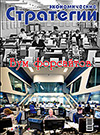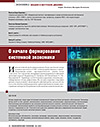Features of substantiation and construction of dynamic standards of management by results in the state educational policy in Russia
DOI: 10.33917/mic-3.122.2025.119-130
Taking into account the previous publications of the authors the article develops the idea of substantiating and constructing reference and actual dynamic standards of management in the state educational policy of Russia. Using the example of the most important provisions of the Federal Law «On Education in the Russian Federation», indicators of the State Program of the Russian Federation «Education Development», NP «Education», other related strategic planning documents, the goals of the federal state educational standard (FSES) and the functions of the federal educational program (FEP) of preschool education and indicators of the development of educational organizations, conceptual, qualitative-strategic, quantitative-economic and program-project features of substantiating and constructing dynamic standards in the process of normative-dynamic management based on results in the state educational policy of Russia are identified.
References:
1. Soldatov R.V. On the normative-dynamic approach to strategic planning of education development in Russia. Bulletin of Moscow State Pedagogical Univ. SERIES «Economics». 2022;1 (31):87-100.
2. Soldatov R.V., Afonina I.A. Normative-dynamic approach to the assessment and analysis of state strategic planning of education development in Russia. Part 1. Microeconomics. 2024;1:94-100.
3. Soldatov R.V., Afonina I.A. Normative-dynamic approach to the assessment and analysis of state strategic planning of education development in Russia. Part 2. Microeconomics. 2024;2:92-105.
4. Draker P.F. Management in the society of the future. M.: Williams, 2017. 320 p.
5. Results-based management: Trans. from Finnish / Timo Santalainen [et al.]. General editor and foreword by J. A. Leiman. M: Progress, 1988. 318 p.
6. Syroezhin I.M. Regularity. Planning. Plan. Scientific editor E.Z. Maiminas. M.: Economica, 1986. 248 p.
7. Philosophical encyclopedic dictionary. M.: INFRA-M, 1999. 352 p.
8. Bogdan S.S., Bogdan D.I. Methodological approaches to the study of education: a theoretical review. BULLETIN of the Surgut State Pedagogical University. 2023;2 (83):9-17.
9. Verbitsky A.A., Trunova E.G. Problems of adequacy of the conceptual apparatus of modern education. Pedagogy. 2017;8:3-16.
10. Fedorov Yu.M. Sum of anthropology. Book 2. Cosmo – anthropo – socio – natural genesis of man. Novosibirsk: Science, Siberian Publishing Company of the Russian Academy of Sciences, 1995. 430 p.


